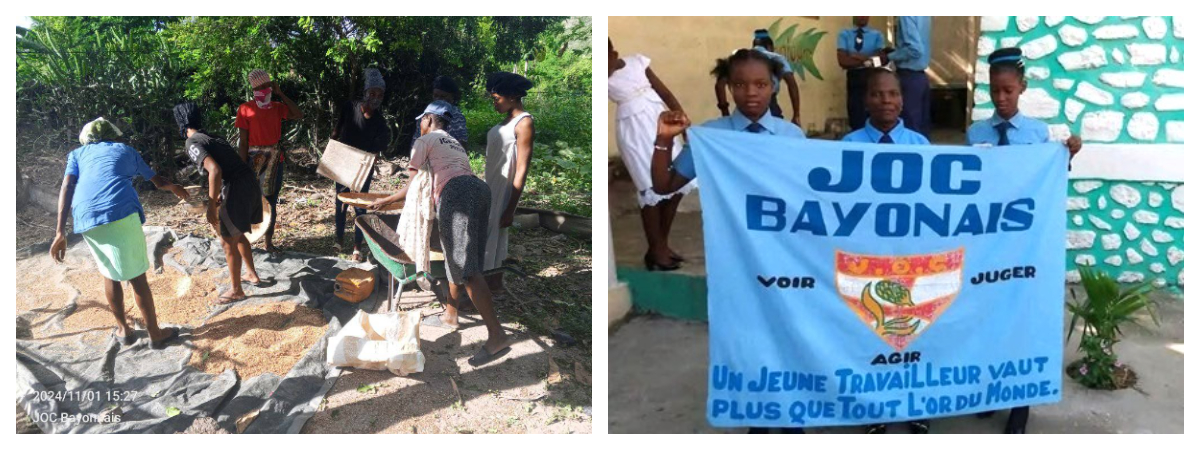
The Artibonite region of Haiti is marked by high unemployment and significant migration to other countries in search of better opportunities. Access to formal employment is very difficult, and most young workers are engaged in agriculture, transportation, and informal trade.
Faced with this situation, the JOC Bayonnais base group decided to grow corn and pigeon pea, an essential crop that is well suited to the region's climate. Corn is widely consumed by local families in various forms (porridge, galettes, grilled, etc.) and can be easily sold on the local market. It does not require complex agricultural techniques, which allows young people to quickly learn how to grow it. The idea emerged from a discussion about the need to produce locally what they consume, while strengthening solidarity and responsibility among group members. A volunteer member provided a plot of land, and the young people decided together to organize a collective corn garden, a symbol of concrete action and taking control of their future.
A political, economic, and cultural environment that is not favorable to young people
No policies have been put in place by the regional government to stimulate youth employment, and political decisions such as fuel price increases have sparked waves of violence. The economy is largely supported by remittances sent by emigrants, and foreign investment in sources of employment is minimal and often does not directly benefit Haitians.
The presence of Catholic and Evangelical churches is striking, contrasting sharply with the living conditions of the faithful. Solidarity among the poor is crucial for survival, and the family remains a major source of support.
An initiative that enhances the potential of young people
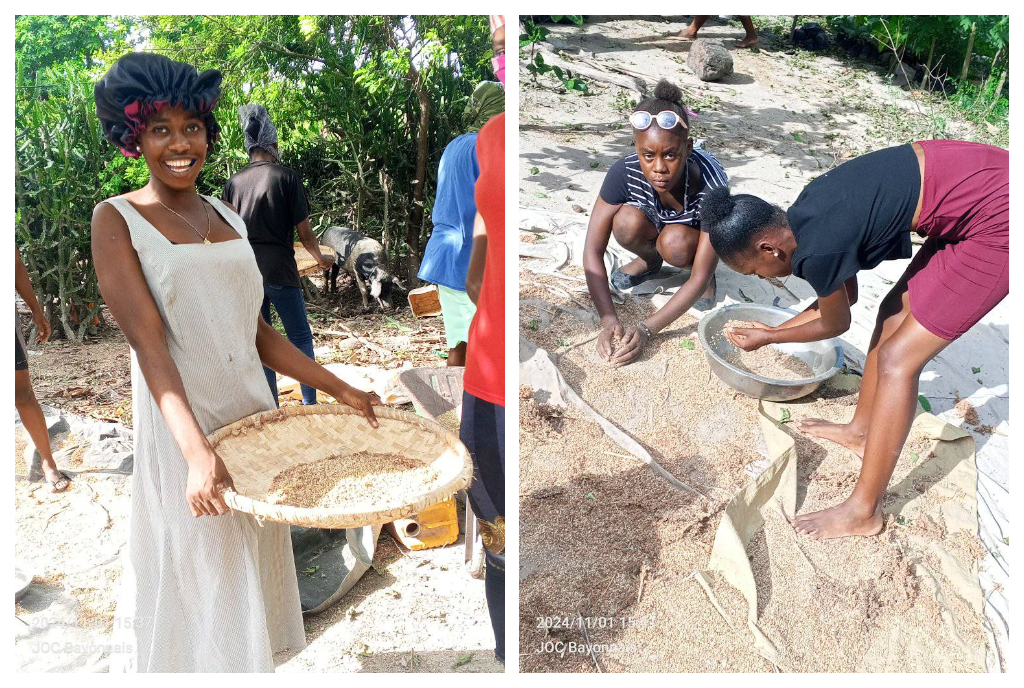
The initiative was born out of an urgent need to address unemployment, inactivity, and economic dependence among young people in rural areas. By choosing agriculture as its starting point, the JOC group wants to prove that even with limited resources, young people can organize themselves, produce, generate income, and stand together in solidarity. The project therefore aims to promote the potential of young people, strengthen their dignity through work, and give them reasons to hope and take action for their community.
The initiative promotes ecological and collective farming, strengthens the economic autonomy of young people, fosters solidarity among group members, and develops practical skills (sowing, maintenance, harvesting).
A project in which all members participate
The project consists of a collective corn garden cultivated and managed by young people from the Bayonnais group. Each member actively participates in the various stages: soil preparation, sowing, maintenance, harvesting, and distribution. The land used is lent by a member of the group, which facilitates implementation. Part of the production is intended for family consumption, while the rest is sold to generate income. This project is also a space for practical training, solidarity, and empowerment. It promotes learning about cooperative work and organizing young people around concrete action.

The process includes five stages: identifying the land; mobilizing young people in the group; sharing responsibilities; technical monitoring with the help of a local agronomist; harvesting and marketing the product (processing or sale).
Several challenges will have to be overcome over time: coping with periods of drought; keeping up motivation over time; expanding the project despite limited resources; finding better market access for sales.
Funding comes from member contributions, support from the JOC movement, the parish, and partner associations, as well as a small local contribution (seed donations, loaned tools). The project receives financial support from the City of Brussels (Belgium).
Young people's lives are transformed
The initiative helps young people discover the values of the YCW: see – judge – act, collective work, autonomy, taking responsibility, transforming their reality. This encourages commitment and the development of new leaders.
Greater cohesion develops among group members, who acquire agricultural skills and greater confidence in their ability to take action locally.
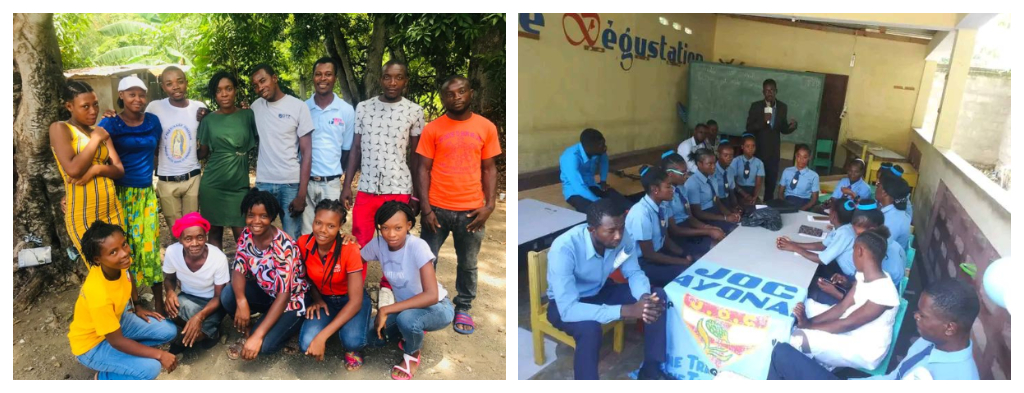
Future prospects
The group does not want to stop there. It would like to expand the cultivated area to increase corn production; introduce other local crops such as millet or cassava to diversify harvests; create a small savings fund from the generated income to finance other group projects; organize agricultural training with technicians or agronomists to strengthen members' skills; develop processing activities (e.g., corn flour, corn cake, etc.) to add value to the product; strengthen teamwork and encourage other young people in the community to join the movement through this project.


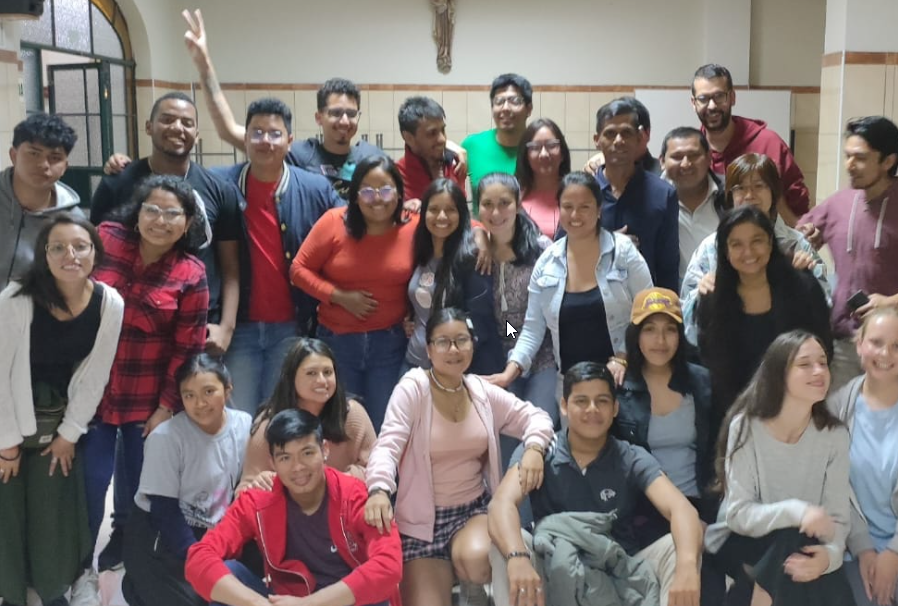
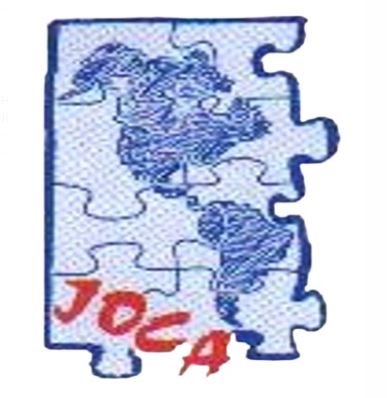
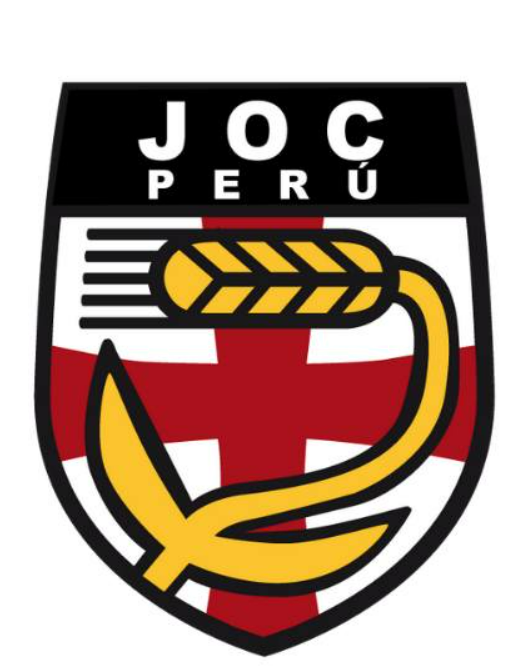
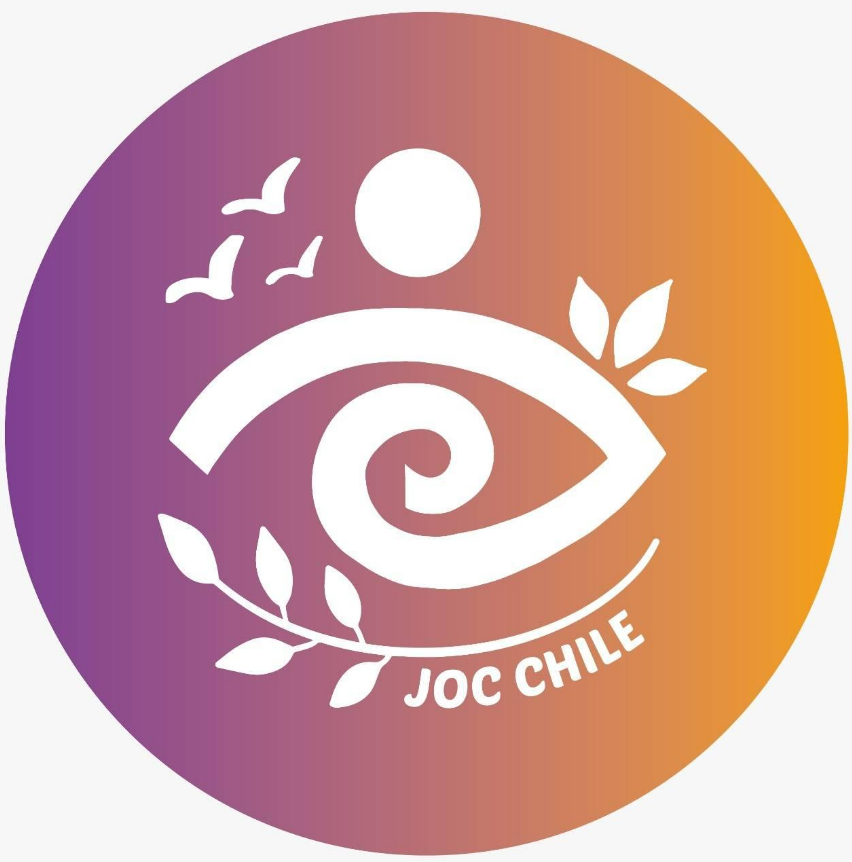


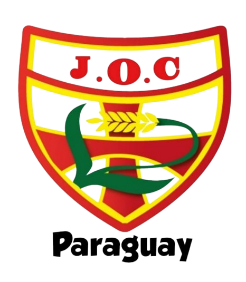
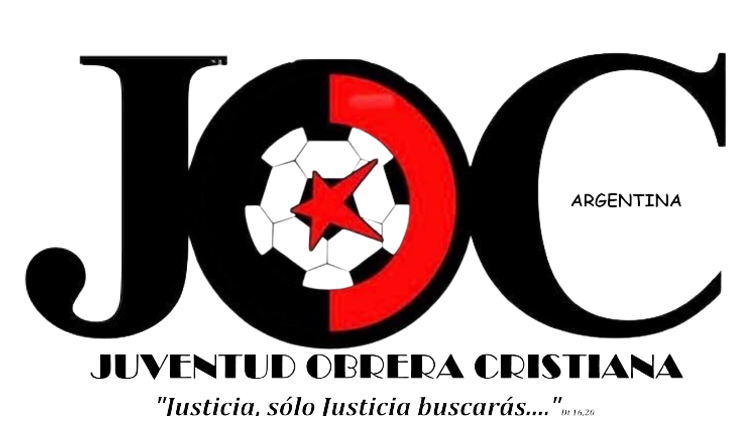
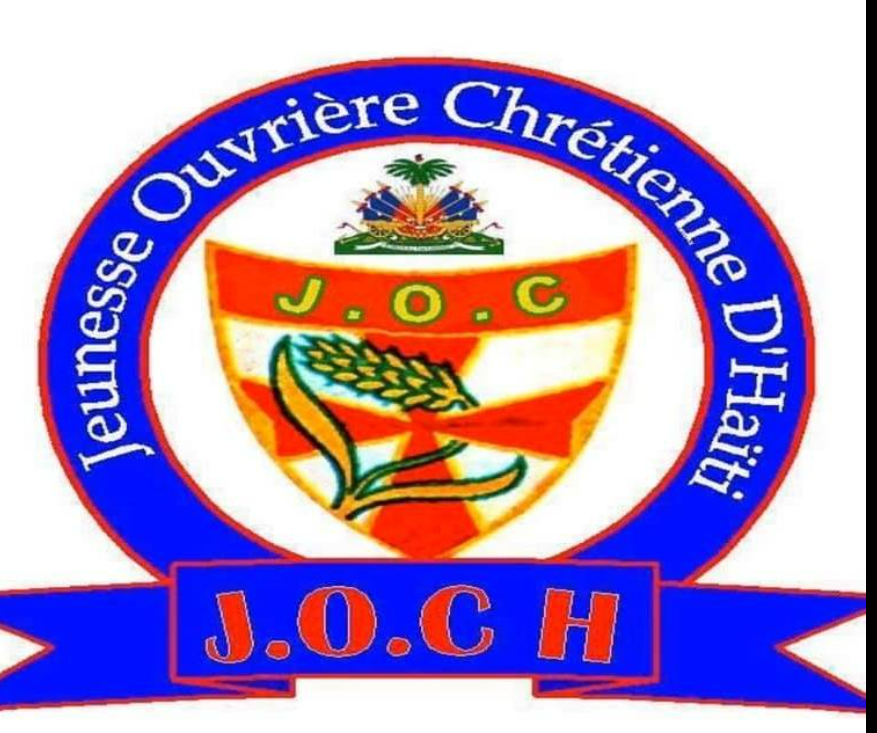
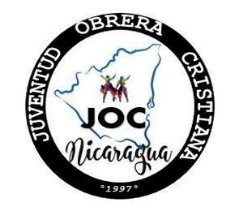
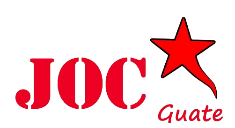
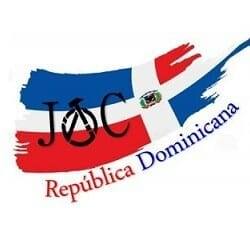
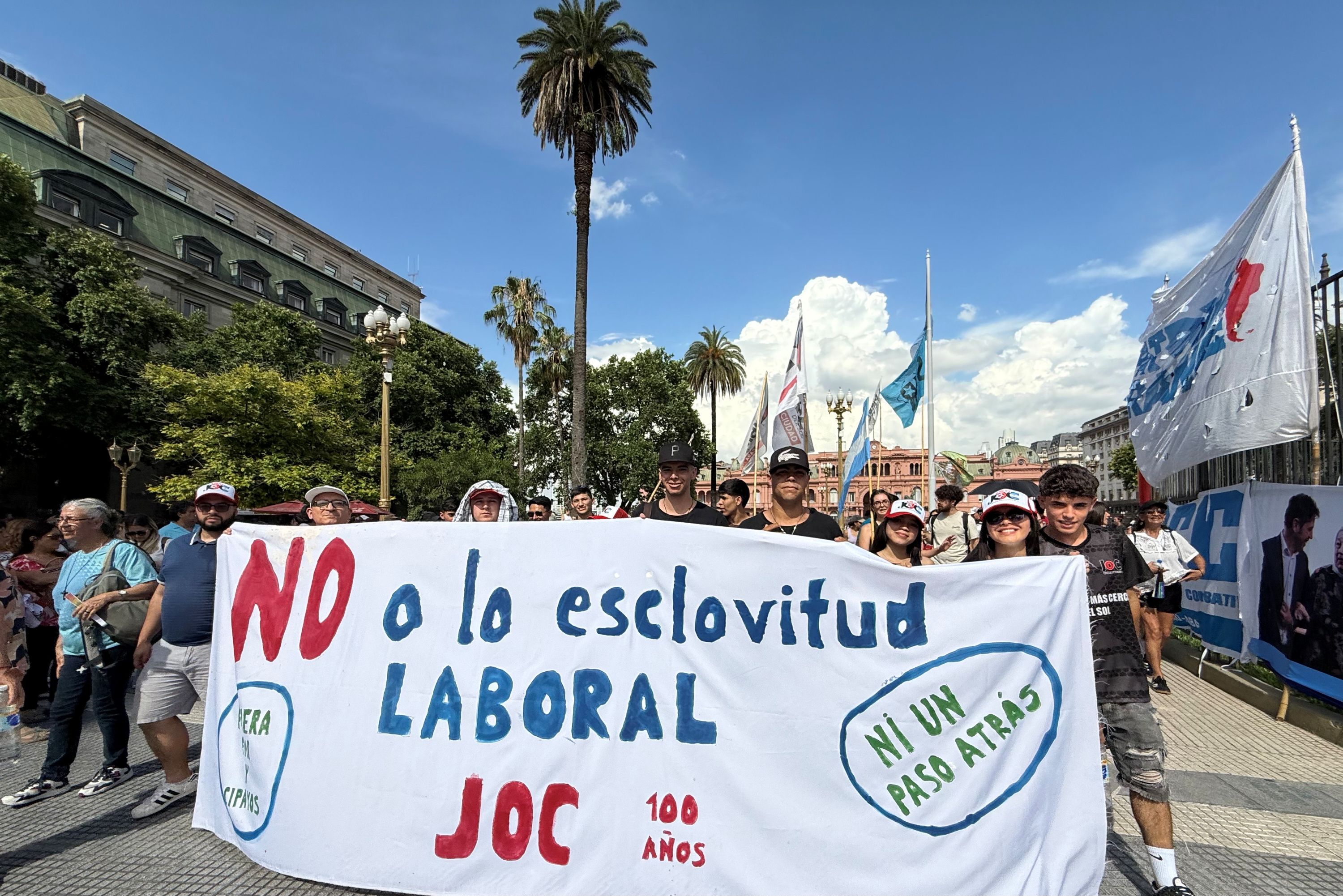
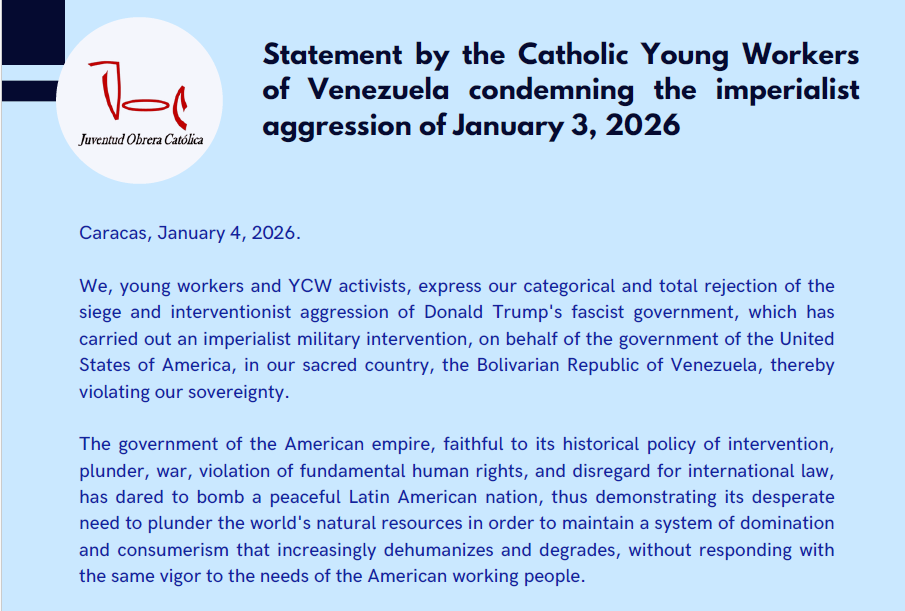
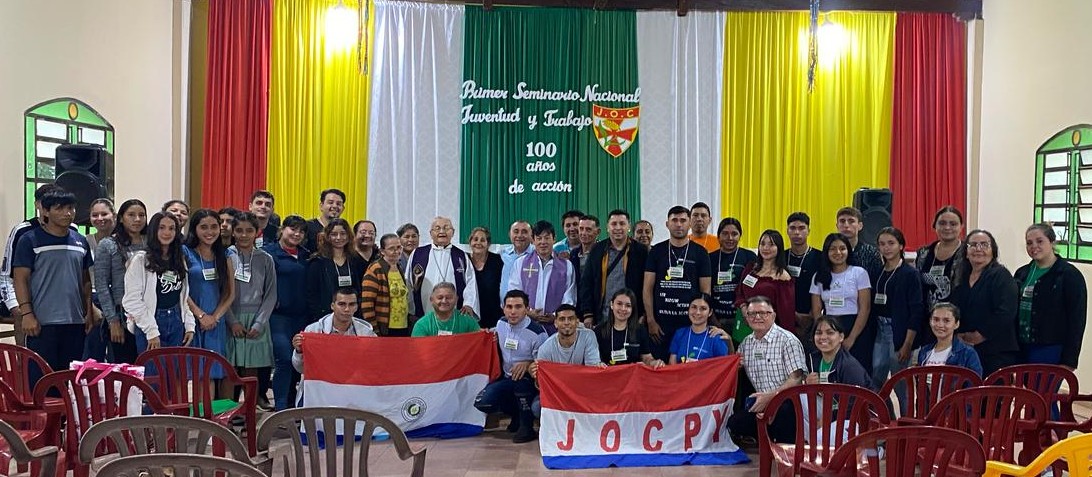

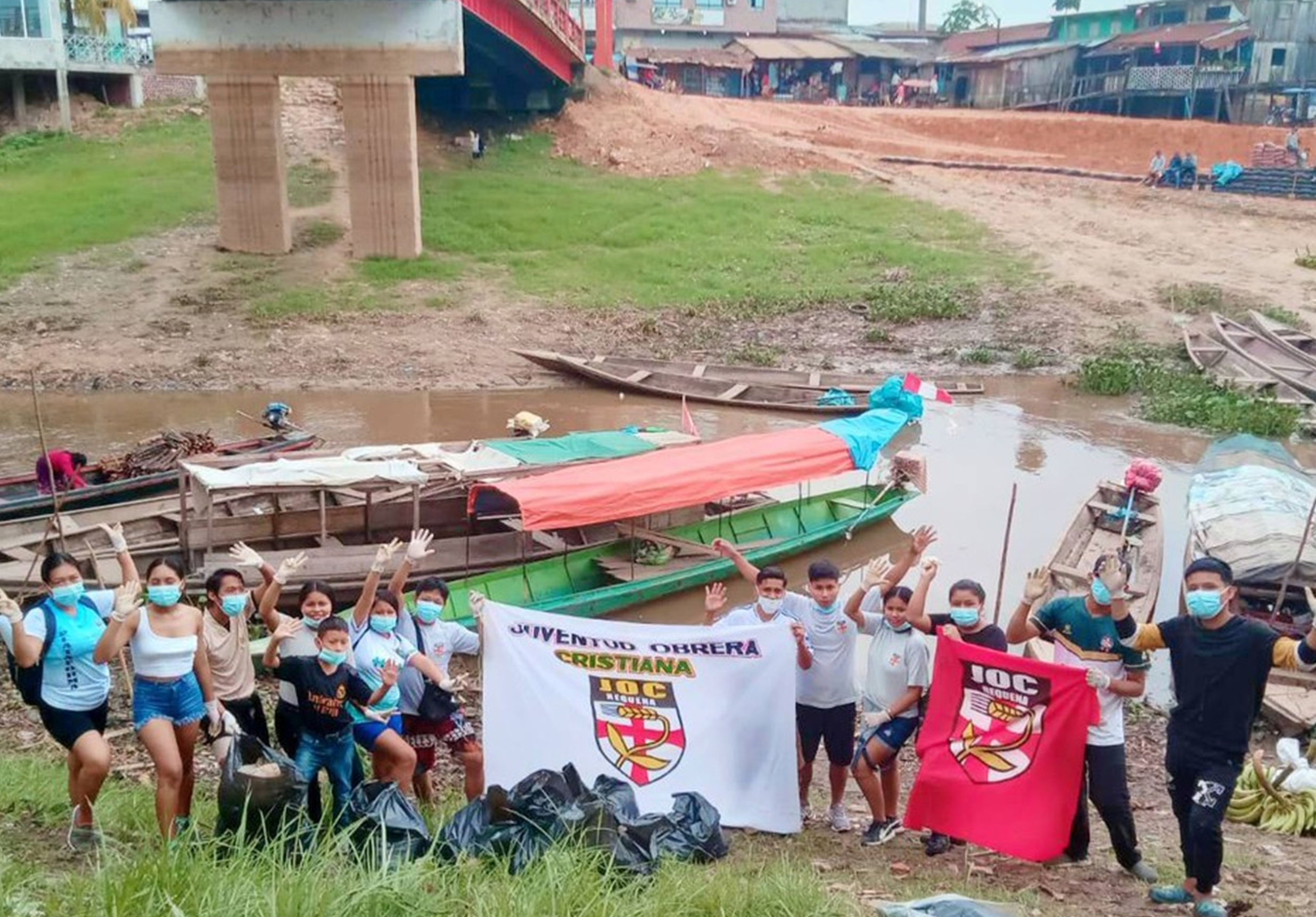

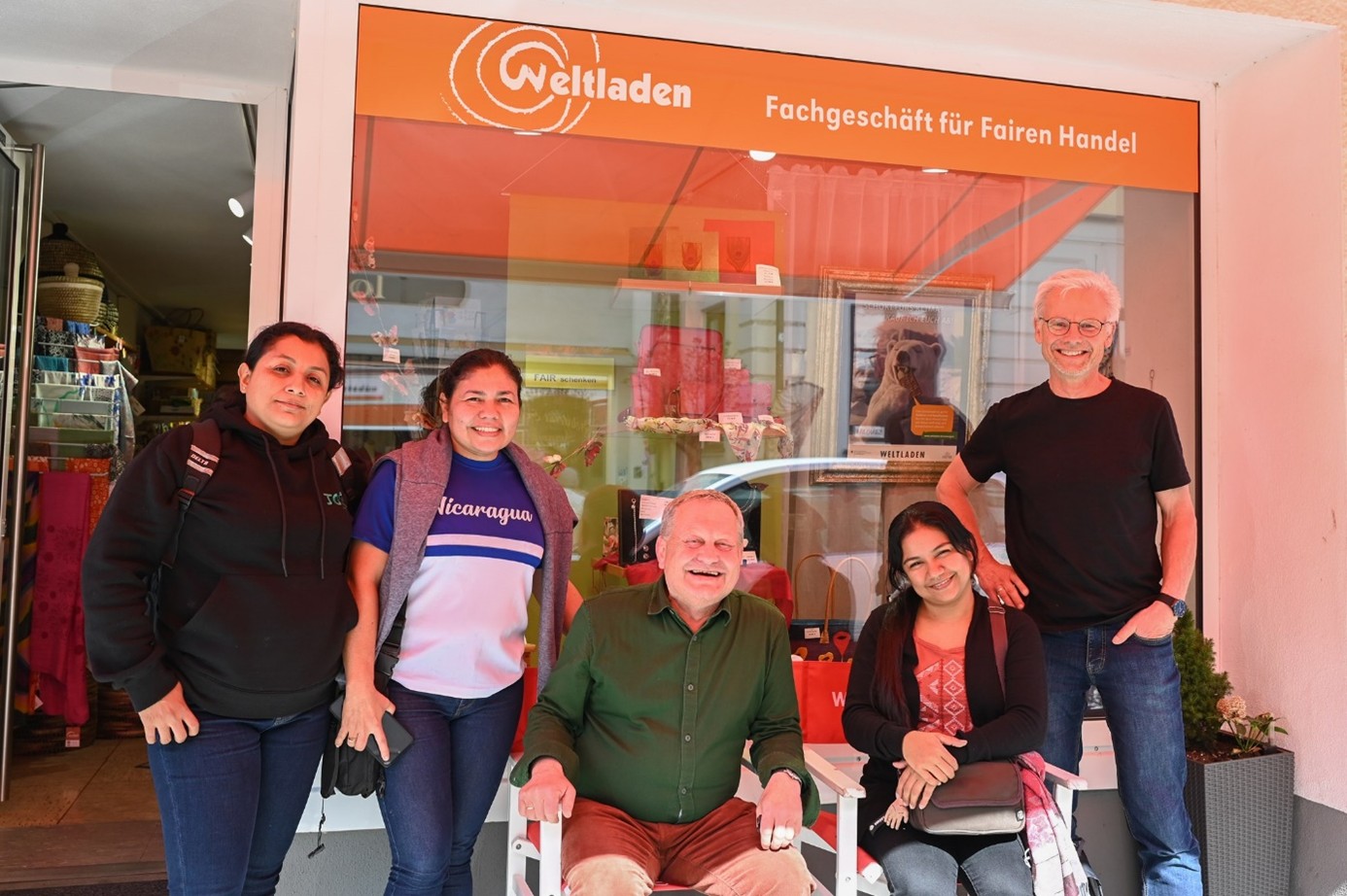
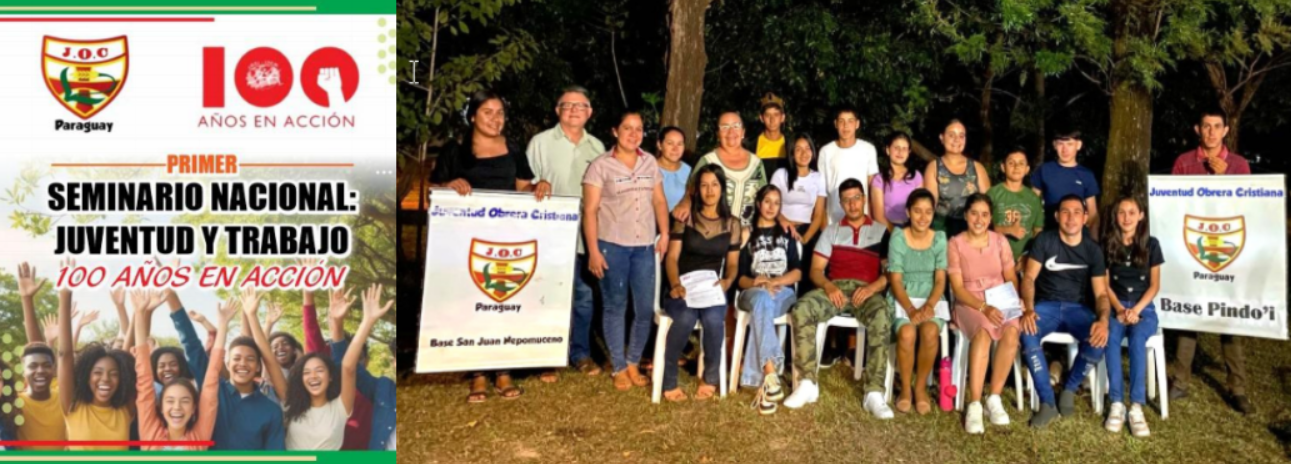





 English
English  Español
Español  Français
Français 